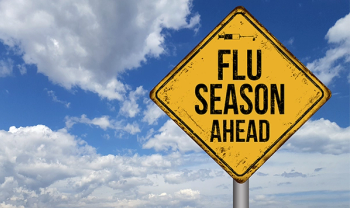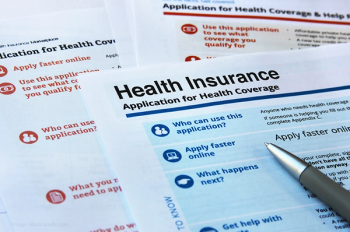
The healthcare system is not meeting the needs of the people who need it most, according to a new focus group study.

The healthcare system is not meeting the needs of the people who need it most, according to a new focus group study.

Here are key areas that will trend in 2020, particularly in regard to population health programs.

A new survey reveals how patients are struggling to navigating the complex healthcare system and what concerns they have about it.

Community-based palliative care in the patient’s home improves care quality as well as increases satisfaction with the healthcare experience.

A new study reveals that healthcare’s digital transformation is not advanced when it comes to defining and executing a digital strategy.

Patients may miss out on savings and making informed treatment decisions.

A new poll underscores the value of Medicare Advantage plans.

Planned Parenthood has continued its entrance into digital health with its new reproductive services finder app.

Attempts to close information and care gaps are often tactical in nature and ultimately lead to greater complexity. As healthcare leaders, how do we address it?

A report from Salucro suggests most patients evaluate billing and payment processes before even reaching the institution.

Hub services are expanding functions to facilitating access to needed therapies or devices and addressing barriers to adherence.

Tech and data use is improving doctor-patient relations and autonomy.

Americans think brands could do more to prevent customer service fraud and don’t trust that brands are handling their personal information securely.

Three things to know about price transparency rules for health insurers and hospitals.

A new report reveals that the majority of Americans are concerned about catching the flu, but more are taking preventative measures.

Healthcare executives are encouraged to seek best practice recommendations from infectious diseases organizations when implementing ASPs.

A Cigna survey found healthcare consumers were facing difficulties based on affordability, predictability, and simplicity.

A look at the implications for Medicaid plans.

Responding to health plan requests to verify and update directory information is a significant administrative burden on providers and may be undermining the accuracy of directories.

Youth in California are seeking more help than ever in the last decade.

With dementia being one of the fastest growing public health problems, there are several workplace strategies health execs can implement.

Health plans are discerning approaches that position the business for long-term growth and member satisfaction.

Preventive care is key to overcome the treatment and management challenges of this chronic condition.

New report examines opioid-related malpractice claims to identify risk factors, warning signs, and vulnerabilities in pain management.

Google’s partnership with hospital system Ascension to store health records has sparked a federal probe.

Results from a recent Insurance.com survey shows overall satisfaction appears greatest with original Medicare consumers.

Everyone is talking about AI in healthcare. Here is how health executives can separate the myths from the facts.

Most health systems have invested or plan to invest in remote patient monitoring solutions to support their organizational transitions to value-based care.

Forms of leadership health executives should consider adopting in a new wave of healthcare.

The way providers talk about healthcare-already one of the most contentious topics in U.S. public life-is sure to change over the next year.